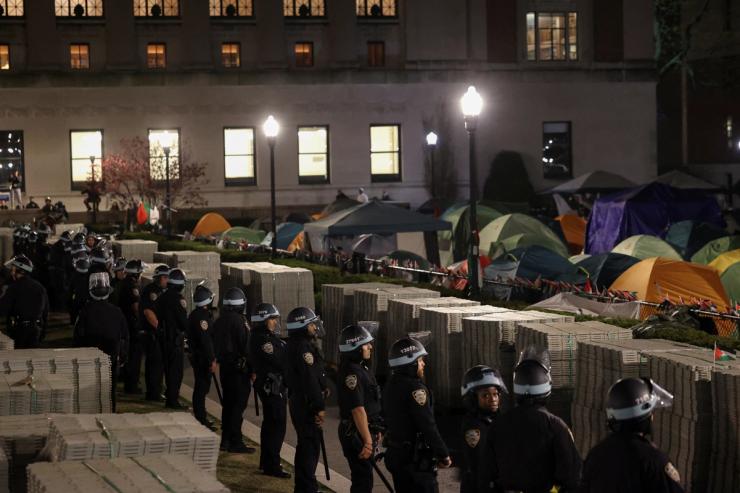The News
The consequences of the pro-Palestinian protest encampments on US college campuses (many of which are still going) for universities and the students and grads involved are starting to come into focus.
In the immediate term, protest-related arrests have surpassed 3,000, while many US universities face lawsuits related to their handling of the protests. In the longer term, the US Congress has launched investigations into colleges over allegations of antisemitism. Meanwhile, some companies have balked at hiring recent graduates who were involved in the protests, and foreign adversaries have seized on the moment to stoke domestic political tensions.
SIGNALS
Alumni protestors could learn a difficult lesson on the job market
College graduates are entering the job market, and some who took part in the protests are learning a difficult lesson: “What flies on campus doesn’t necessarily pass in the real world,” a New York Times columnist wrote. In a recent survey, 22% of employers said were less likely to hire recent grads who attended pro-Palestinian protests, and many cited concerns about the potential for confrontational behavior at work. But it’s not so clear cut: a similar margin, 21%, indicated they would prefer to hire graduates who were involved, citing graduates’ outspokenness, strong values, and dedication to a cause as assets.
Lawsuits against colleges will test limits of free speech policies
Litigation against universities’ responses to the protests will provide a first test of the many new free speech policies universities adopted after white supremacists wreaked havoc on the University of Virginia in 2017 with the ‘Unite the Right’ rally. The new spate of lawsuits exposed the limits of those policies, which sought to balance free speech and safety on campus. “The thing a university does to protect a class of students is exactly the thing that’s going to trigger a lawsuit,” one law professor said.
US adversaries use protests to sow discord
Russia, China and Iran have seized on the protests as a way to stoke tensions within the US and elsewhere, researchers found, framing the issue as proof the US abandoned Israel and doesn’t care about free speech. Some of these attempts come from the highest levels of government: Iran’s supreme leader on Thursday praised the student protesters saying they are “standing on the right side of history.” His comments drew swift backlash from US lawmakers, including Speaker Mike Johnson, who posted on X that “When you’ve won the Ayatollah, you’ve lost America.” Ultimately, internal divisions could help these adversaries “get away with” more, said the director of Clemson University’s Media Forensics Hub.



